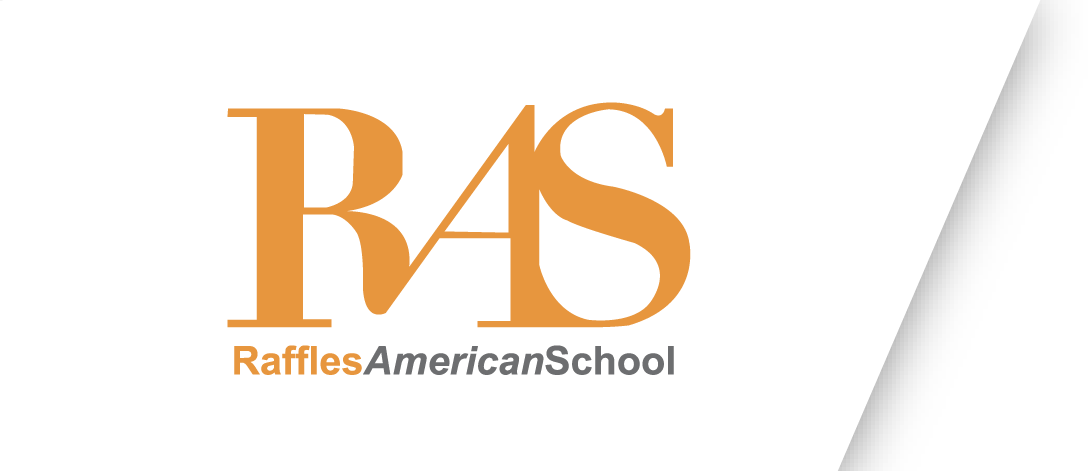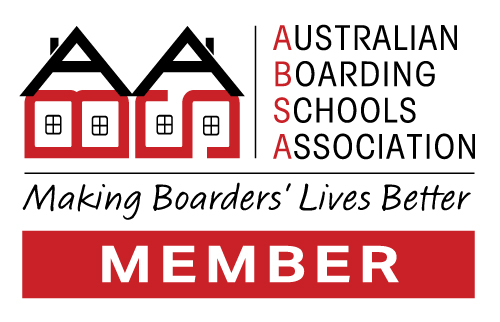[vc_row][vc_column][vc_custom_heading text=”The Importance of Play-Based Learning in Early Education” use_theme_fonts=”yes”][vc_column_text]Early childhood education is crucial for establishing a strong foundation for lifelong learning in today’s evolving educational landscape. One approach that is gaining widespread recognition is play-based learning, an educational philosophy that emphasizes learning through play. At Raffles American School, this approach is deeply aligned with the school’s General Learning Outcomes (GLOs), fostering essential skills such as creativity, problem-solving, and social development while ensuring children grow in alignment with RAS’s academic vision.[/vc_column_text][/vc_column][/vc_row][vc_row][vc_column width=”1/4″][vc_single_image image=”58992″ img_size=”medium”][/vc_column][vc_column width=”3/4″][vc_custom_heading text=”Fostering Creativity through Play” font_container=”tag:h4|text_align:left” use_theme_fonts=”yes”][vc_column_text]Creativity is one of our school’s core learning outcomes, and play provides an ideal environment for nurturing this trait. Children engaging in play-based activities are encouraged to express themselves freely, often crafting imaginative scenarios that stimulate creative thinking. According to Fisher et al. (2020), open-ended play activities such as role-playing or constructing with building blocks foster cognitive flexibility and imagination. Through self-directed play, children explore new ideas and concepts without fear of failure, creating an environment that encourages innovation.[/vc_column_text][/vc_column][/vc_row][vc_row][vc_column width=”2/3″][vc_custom_heading text=”Developing Problem-Solving Skills” font_container=”tag:h4|text_align:left” use_theme_fonts=”yes”][vc_column_text]At Raffles American School, creativity is emphasized in the early childhood curriculum through activities that inspire imagination, such as art, drama, and storytelling. These play-centered experiences allow children to cultivate creative capacities from a young age, aligned with the school’s creative problem-solving, encouraging students to approach challenges with original, thoughtful solutions.
Problem-solving is a critical life skill, and play serves as an excellent medium for children to practice resolving challenges. Whether working through puzzles or navigating social interactions in group play, children learn to approach problems with resilience and flexibility. Research shows that children involved in play-based learning develop critical thinking skills, better equipping them to solve problems independently (Zosh et al., 2017).
The play-based learning model fosters these abilities through structured yet flexible activities such as collaborative projects, hands-on experiments, and science-based exploration, helping students apply knowledge in real-world contexts.[/vc_column_text][/vc_column][vc_column width=”1/3″][vc_empty_space height=”100px”][vc_single_image image=”58988″ img_size=”medium”][/vc_column][/vc_row][vc_row][vc_column width=”1/4″][vc_single_image image=”58984″ img_size=”medium”][/vc_column][vc_column width=”3/4″][vc_custom_heading text=”Enhancing Social Skills” font_container=”tag:h4|text_align:left” use_theme_fonts=”yes”][vc_column_text]One of the most valuable aspects of play is its role in developing social skills. Through cooperative play, children learn to share, communicate, negotiate, and resolve conflicts. These skills are foundational for their academic journey and life outside the classroom. Vygotsky’s (1978) theory of social development highlights how play is essential for children to develop self-regulation and social competence.
At Raffles American School, these interactions reflect effective communication and collaborative student outcomes. By engaging in group activities, students develop their ability to work well with others, communicate effectively, and navigate the complexities of teamwork. Whether playing games, participating in team-building exercises, or collaborating on art projects, our children learn the value of collaboration, empathy, and leadership.[/vc_column_text][/vc_column][/vc_row][vc_row][vc_column width=”2/3″][vc_custom_heading text=”Building Global Awareness and Character” font_container=”tag:h4|text_align:left” use_theme_fonts=”yes”][vc_column_text]A hallmark of Raffles American School’s GLOs is cultivating a sense of global citizenship. Play-based learning can also be a gateway to teaching cultural awareness, empathy, and respect for diversity. Children learn to appreciate different perspectives and cultures through diverse, inclusive play scenarios, reflecting the “Character” general learning outcome.
Play-based learning is not just enjoyable for children; it is a powerful educational tool that fosters creativity, problem-solving, and social development. At Raffles American School, play is carefully integrated into the curriculum in alignment with the school’s General Learning Outcomes, ensuring that young learners are equipped with the skills they need to thrive academically, socially, and personally. [/vc_column_text][/vc_column][vc_column width=”1/3″][vc_single_image image=”58985″ img_size=”medium”][/vc_column][/vc_row][vc_row][vc_column][vc_column_text]By nurturing Critical Thinking skills, Organization Skills, Communication Skills, and Character development, Raffles American School creates an environment where children grow into confident, well-rounded individuals ready to excel in both school and life.
If you would like to learn more about our Early Childhood program, please email our admissions team at inquiry@rafflesamericanschool.org.
Bibliography
Fisher, K. R., Hirsh-Pasek, K., Newcombe, N. S., & Golinkoff, R. M. (2020). “Taking shape: Supporting preschoolers’ acquisition of geometric knowledge through guided play.” Child Development. Retrieved from https://templeinfantlab.com/wp-content/uploads/sites/2/2019/06/Fisher_et_al-2013-Child_Development.pdf
Vygotsky, L. S. (1978). Mind in Society: The Development of Higher Psychological Processes. Harvard University Press. Retrieved from https://www.jstor.org/stable/j.ctvjf9vz4
Zosh, J. M., Hopkins, E. J., Jensen, H., Liu, C., Neale, D., Hirsh-Pasek, K., … & Whitebread, D. (2017). “Learning through play: a review of the evidence.” LEGO Foundation. Retrieved from https://cms.learningthroughplay.com/media/wmtlmbe0/learning-through-play_web.pdf[/vc_column_text][/vc_column][/vc_row]




